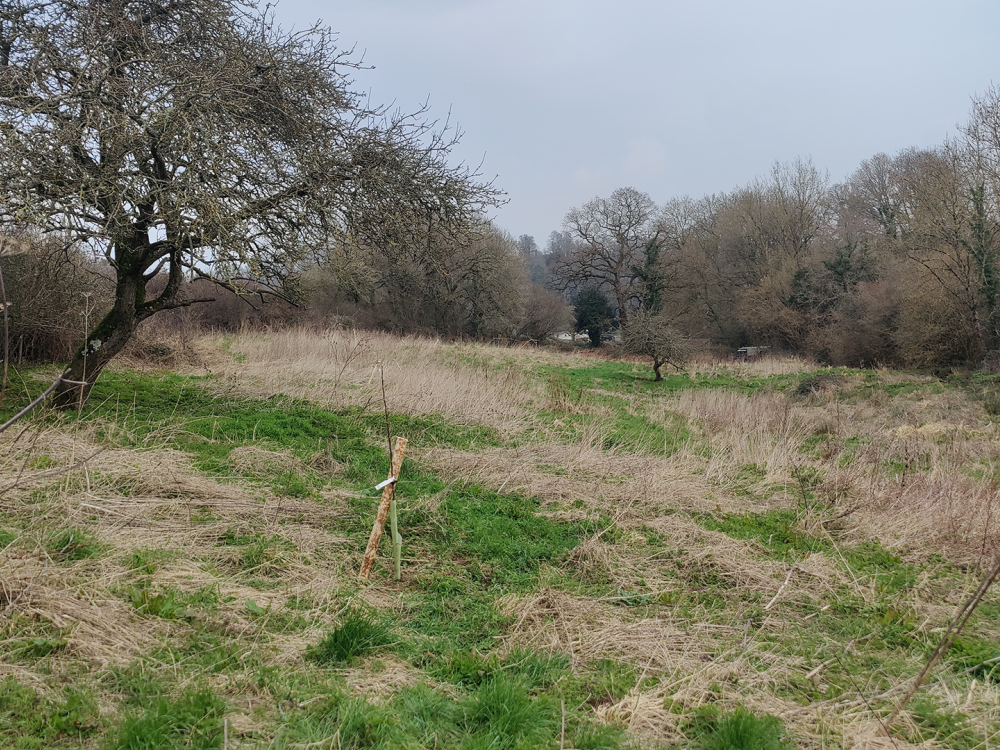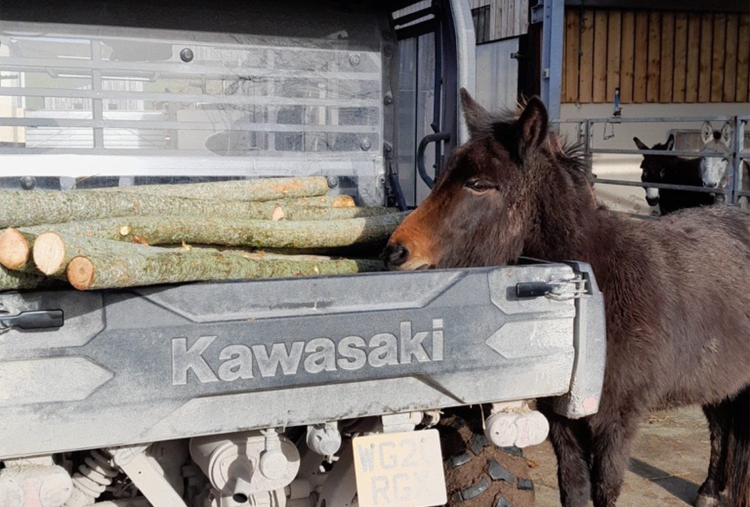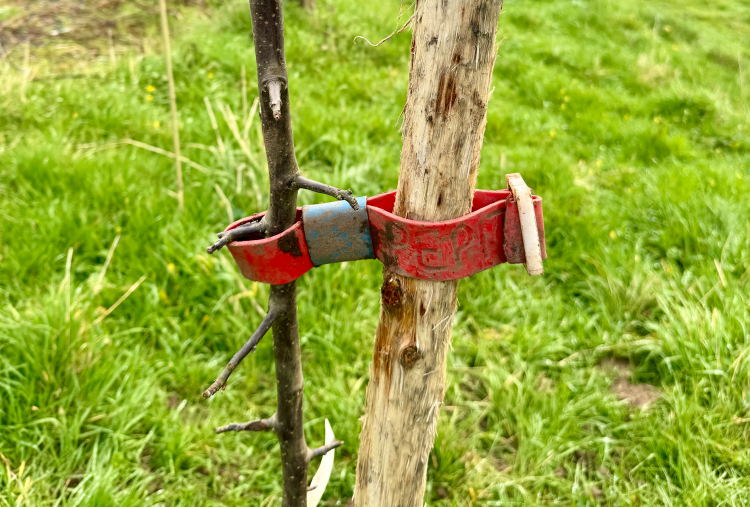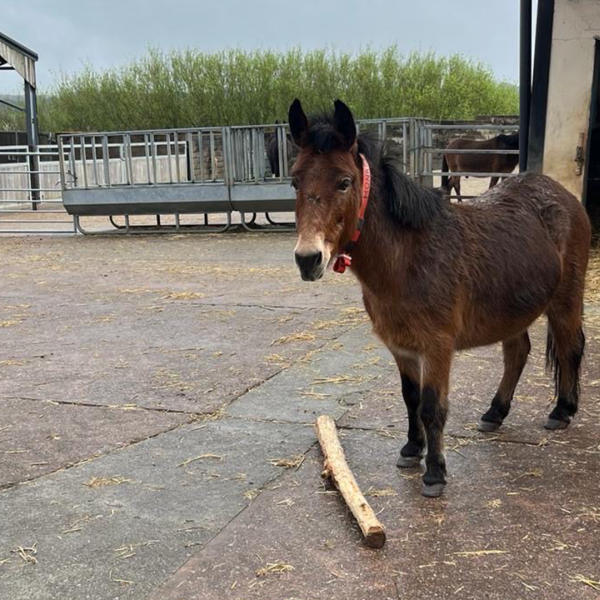A scheme to help re-establish an apple orchard at one of our Devon farms has really taken root this week with the planting of 16 new apple trees.
Hidden away at the rear of the ancient parish church in Tedburn St Mary, nestled between thatched cottages and tracks and surrounded by long ears and curious faces, sits Town Barton’s ‘Little Orchard'.
Now thanks to an initiative made possible by the People’s Trust for Endangered Species (PTES), our Ecology and Conservation team have planted a variety of trees, which will help restore and enhance the area and secure its future.
The trust’s aim, whose grant covered much of the cost of the trees, is to secure the next hundred years of orchard wildlife by funding projects such as this to replace and fill gaps in existing orchards and help new community orchards get established.
Since the 1950’s, 90 percent of traditional orchards have been lost to neglect, development or conversion to intensive modern orchards, which contribute a negative impact on biodiversity.
Pascal Bisson, Apprentice Ecology and Conservation Officer, said: “Traditional orchards are made up of several different habitats, including elements of woodland, hedgerow and meadow grassland.
“This mosaic of habitats is home to a range of biodiversity, including butterflies, bumblebees, birds, bats and beetles.
“The unique way fruit trees age creates an indispensable habitat for a wide range of rare and interesting species. One such species is the noble chafer, a glorious iridescent beetle that lives in old decaying fruit trees.”



Our resident donkeys have also played their part by debarking the willow stakes that are used to support the young trees. Removing the bark during enrichment ensures the willow will not take root and provides a great source of free stakes.
As an extra true bit of recycling, old collars from our herds have also been used as secure tree ties.
Kimberley Green, Farm Manager at Town Barton, said: “We’re always keen to support conservation and think of ways that we can manage our land sustainably to protect the environment and expand natural resources.
“The orchard is currently managed though natural grazing methods such as the use of sheep to help manage growth. During the summer months, both our donkeys and mules will graze naturally through the woodland and orchard, which offers natural shade and an environment that can be explored by inquisitive noses!
“One of our keen grooms, Matt Currey, has been helping to support the project by erecting fencing to help protect the trees from the grazing livestock.
“Of course, no project would be complete without the input of our four-legged colleagues, who were only too happy to help strip the willow logs we felled for stakes for the newly planted apple trees.”
Pascal added: “Old local trees also have heritage value. We've got great names such as ‘Whimple Wonder’ and ‘Woolbrook Pippin’.
“The new apple trees, sourced locally from Adam’s Apples near Cullompton, include eaters, cookers and cider varieties.
“The trees have a variety of flowering and fruiting times too, providing nectar throughout the blossom season and a long harvest. A couple of crab apples are also in the mix to increase the amount of useful pollen in the orchard.”
Steve Oram, Orchard Biodiversity Officer at PTES, said: “Traditional orchards like Town Barton combine our cultural heritage and a wonderful biodiverse habitat. They are essential for the survival of both our heritage fruit trees, and our struggling wildlife.”
Interested in our Ecology and Conservation work?
Find out how we enrich donkeys lives through enviromental stewardship.
